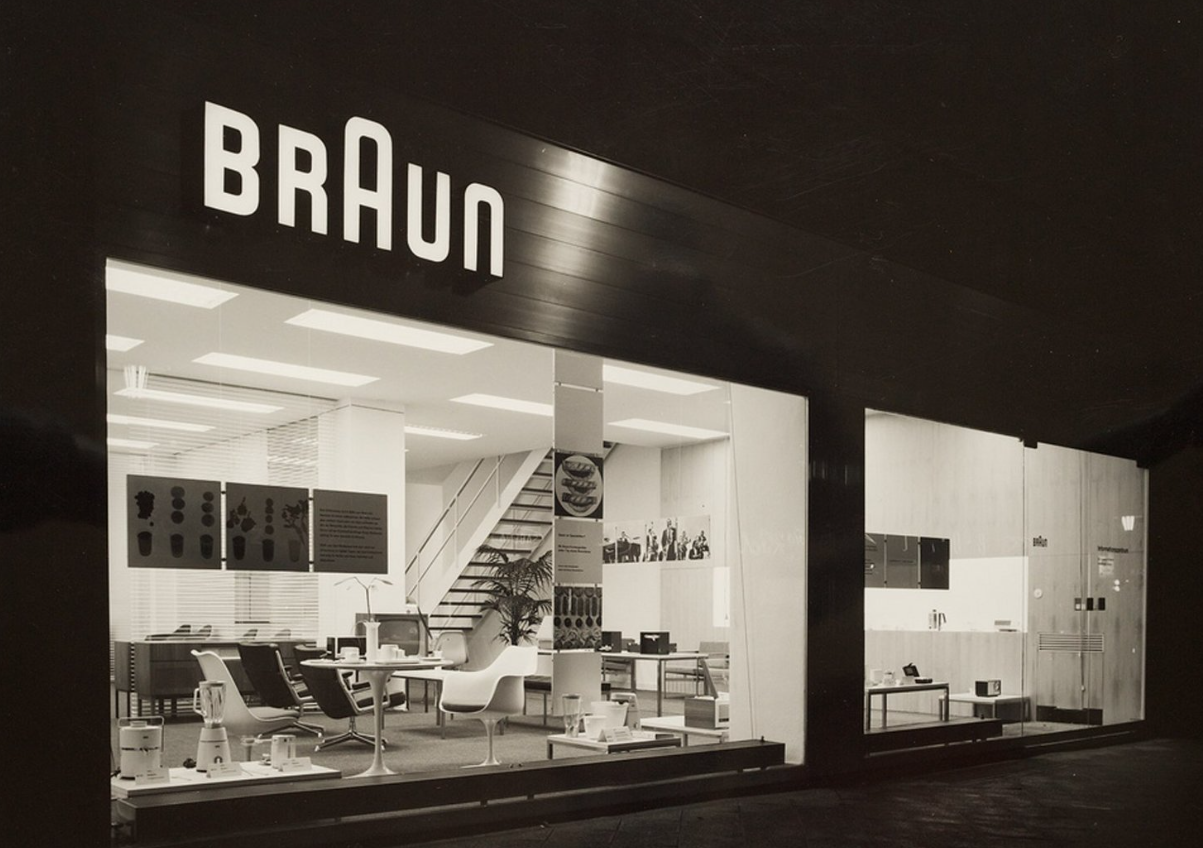Choosing a cost-effective, energy-efficient air conditioner is a task that requires careful consideration and knowledge of the main parameters to look out for when making a purchase. With ever-rising energy prices and increasing emphasis on environmental sustainability, choosing the right air conditioner can have a significant impact on your comfort and energy costs.
Types of air conditioners by capacity
Air conditioners are differentiated by their capacity, which is measured in British thermal units (BTU) or kilowatts (kW). The capacity of an air conditioner determines its ability to cool or heat a certain amount of space. There are several main categories of capacity:
- Low power (up to 2.5 kW) – such air conditioners are suitable for small rooms up to 20 square metres.
- Medium power (2.5 to 5 kW) – used for rooms of 20 to 40 square metres.
- High power (more than 5 kW) – used in large halls and offices of more than 40 square metres.
These gradations of air conditioners by capacity allow you to choose the most suitable option depending on the area of your room.
Selecting an air conditioner by capacity
When choosing an air conditioner by capacity, it is important to consider not only the area of the room, but also a number of other factors such as ceiling height, the number of windows, the degree of thermal insulation of the walls and even the number of people who regularly stay in the room. All of these parameters affect the heat load that the air conditioner must compensate for. Here are a few steps to help you choose the right air conditioner capacity:
- Determine the area of the room: measure the length and width of the room to find out its area.
- Consider the height of the ceilings: higher ceilings require a more powerful air conditioner.
- Calculate the heat load: add an extra 10-20% of power if the room has large windows, is sunny, or there are several people in the room on a regular basis.
- Use online calculators: many manufacturers offer calculators to help you accurately determine the capacity required.
Inverter or traditional
What do you imagine when you think of a standard air conditioner? For sure, most of our compatriots associate this word combination with a bulky unit that makes a lot of noise during the process of achieving the desired temperature. You have to deal with such a unit – you just cooled down the room, went out for a while, and on your return you got the same temperature.
The latest generation of air conditioners is not like that. Technologies of advanced companies have made the climate equipment easier to use and more economical. When asking what kind of air conditioner to choose, pay your attention to inverter models – according to experts’ calculations, they can reduce electricity consumption for cooling the air by up to 40% (compared to their traditional “ancestors”).
An inverter air conditioner is a technology that allows significant savings on energy consumption. Unlike conventional air conditioners, an inverter air conditioner regulates the compressor speed, maintaining a constant room temperature and avoiding frequent switching on and off, which reduces energy consumption and extends the life of the unit. Inverter air conditioners are usually more expensive, but their efficiency in the long run justifies the initial cost.
So, what is the difference between these two types of appliances? Here is a list of the main differences between inverter air conditioners and conventional air conditioners, which you should pay attention to before choosing your model:
- Operating principle. Traditional models operate in on/off mode, i.e. they reach a certain temperature and switch off. But their inverter counterparts are configured for smooth regulation of the compressor power. In fact, it is in a state of constant support of the desired level of air temperature in the room.
- The load on the electricity grid. Conventional models work at full capacity – they rapidly reach the desired level of cold or heat, operating at the limit of their capabilities. Inverter technology consists in constant support of the same temperature in economy mode. At start-up, the inverter air conditioner does not give a big load on the network, and it is one more good reason to choose it.
- Energy efficiency and durability. It is because of the absence of strong power fluctuations in operation that inverter air conditioners not only save electricity, but also serve longer. Their mechanism without excessive loads wears out very slowly.
If your main concern when choosing is how much electricity your air conditioner consumes, look at the inverter range marked A+++, which means the maximum level of energy saving.
Real savings
Given the spike in electricity prices that has already occurred and the continuing trend of rising prices, choosing and purchasing energy efficient appliances is the only real way to save money without lowering your standard of living.
When the decision to purchase an air conditioner is formed, how to choose among the many options is what becomes the main task. We propose to make a small comparative analysis between the simplest, standard air conditioner with average indicators and the popular Daikin Inverter.
So, let’s take two models designed for up to 30 square metres:
- The inverter will consume 0.75 kW per hour, while its competitor will consume as much as 1.1 kW for the same room;
- Standard on/off costs on average 3-5 thousand hryvnias cheaper, but its approximate service life is up to 7 years, whereas an inverter air conditioner will work all 10 years without any problems;
- Installing both options will cost the same amount of money;
- A question of safety – the new ranges use special freons R32, which do not have a detrimental effect on the environment.
As you can see, the inverter air conditioner with its relatively small price difference with its competitor has indisputable advantages both in the matter of duration of operation and energy consumption.
How to choose an air conditioner by area
When choosing an air conditioner by area, you should take into account that too powerful device will switch on and off frequently, creating uncomfortable conditions and increasing wear and tear of the equipment. On the other hand, an underpowered air conditioner will not be able to effectively cool or heat the room, which will also negatively affect your comfort. That is why it is important to calculate correctly the power of the device based on the area of the room. As a rule, each square metre of area requires about 100 W of air conditioner power.
Economy and energy saving
Modern air conditioners are equipped with a variety of features that promote energy conservation. Here are some key features to look out for:
- Energy efficiency (EER and SEER): Energy efficiency ratios show how much energy the air conditioner uses to produce a certain amount of cold air. The higher these ratios are, the less energy the unit consumes.
- Energy saving mode: many models have special modes that automatically adjust the air conditioner’s operation to minimise energy consumption.
- Timers and motion sensors: allow you to programme the operation of the air conditioner and switch it off automatically when the room is unoccupied.
- Energy efficient refrigerants: modern refrigerants such as R32 are less harmful to the environment and more efficient to use.
Choosing a cost-effective, energy-efficient air conditioner is not only about comfort, but also about saving a lot of money on your energy bills. The right choice of capacity, use of inverter technology and consideration of additional factors will help you make an informed decision and ensure comfortable conditions in your home or office. Remember, choosing the right air conditioner is an investment in your future well-being and environmental sustainability.
Utilise the power of cashback with reBITme! Choose a cost-effective, energy-saving air conditioner, activate your cashback and enjoy the added benefits of every purchase.





